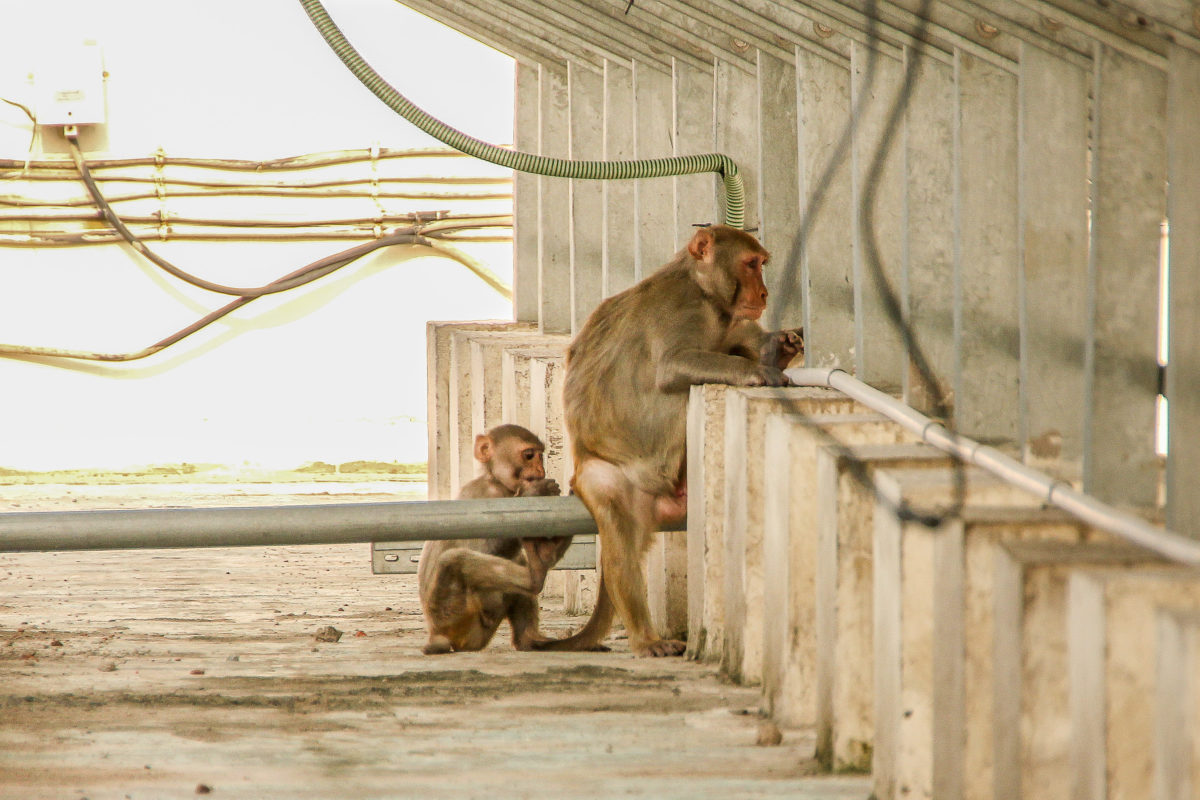From pv magazine, April edition.
Why is a quality taskforce required?
India today is the fifth largest solar market in the world by installed capacity. As the market has evolved over the last six years, so have standards. Regarding modules, the National Solar Energy Federation of India (NSEFI) has worked with the government and the Indian Bureau of Standards (BIS) to determine a set of standards to be followed across the supply chain. Indian industry has always used Tier 1 solar modules and has accorded top priority to quality – though doubts about quality have been voiced in certain quarters in view of the highly competitive, low tariffs quoted by some developers in procurement exercises.
With a quality taskforce, NSEFI would like to drive a quality narrative among stakeholders concerning installation and operations and maintenance (O&M) work. In its first phase, the task force will concentrate on developing best practice guidelines for O&M and the second phase will be dedicated to installation procedures. There is no doubt many Indian stakeholders are quality conscious and follow some best practices for O&M, yielding significant performance improvements. There is, however, a lack of common acceptance and practice of such standards in some cases in India. The task force is an attempt to bring all the best practices together and create a document acceptable to all stakeholders. NSEFI is launching this taskforce with SolarPower Europe, which has already published three editions of best practice guidelines for its domestic region and a similar version for Mexico. This will help to create a common, acceptable reference for various players in the ecosystem.
Industry and scientists join forces
Through the quality taskforce, NSEFI wants to draw up guidelines incorporating industry feedback. The module standards were drawn up by experts from various Indian universities in conjunction with scientists at the Ministry for New & Renewable Energy and the BIS. SolarPower Europe already has a document which will be used for reference and modified for an Indian context.
NSEFI will be involving industry stakeholders in the entire solar ecosystem to contribute, with workshops and sessions planned with industry members to kick-start the process and seek input. As the Indian PV market is growing exponentially, and O&M for plants is critical for their sustainable operation, NSEFI is planning to target the following aspects for developing guidelines and standards: technical asset management; power plant operation and maintenance; revamping and repowering of plants with spare part management; and data and monitoring requirements for sustainable operation. All will be outlined through a new document in the task force. NSEFI will also be including new trends in O&M and discussing the prospects for rooftop and microgrid O&M.
Additionally, along the lines of solar maintenance in Europe introduced by SolarPower Europe, NSEFI will also be introducing a self-certification-based label to promote transparency and excellence in the O&M market.
NSEFI has the support of industry and as the umbrella organization for solar stakeholders in India, it is its prerogative to present the industry’s voice to government. The task force is an attempt to convey how serious the industry is about quality in India and is striving to create a sustainable and qualitative environment for solar power generation, operation and maintenance.
By Pranav R. Mehta
About the author: Pranav R. Mehta is chairman of the Global Solar Council of more than 30 solar countries which is headquartered at Washington DC. He is founder chairman of the National Solar Energy Federation of India (NSEFI). As a scholar, Mehta has more than 45 years’ industrial experience, mainly in the concept-to-commissioning of high tech projects in steel, petroleum, natural gas and solar, with an emphasis on sustainable development.
Quality roundtable returns to India
For the third time, pv magazine will be bringing its quality roundtable to the Renewable Energy India Expo. Last year’s event included a presentation from PI Berlin which delivered the findings of an extensive quality survey it carried out at PV plants. Issues such as soiling and soiling mitigation, high salinity, humidity and heat were all hot topics. Be sure to take part this year, with more details about the quality taskforce due to be unveiled.
This content is protected by copyright and may not be reused. If you want to cooperate with us and would like to reuse some of our content, please contact: editors@pv-magazine.com.








1 comment
By submitting this form you agree to pv magazine using your data for the purposes of publishing your comment.
Your personal data will only be disclosed or otherwise transmitted to third parties for the purposes of spam filtering or if this is necessary for technical maintenance of the website. Any other transfer to third parties will not take place unless this is justified on the basis of applicable data protection regulations or if pv magazine is legally obliged to do so.
You may revoke this consent at any time with effect for the future, in which case your personal data will be deleted immediately. Otherwise, your data will be deleted if pv magazine has processed your request or the purpose of data storage is fulfilled.
Further information on data privacy can be found in our Data Protection Policy.